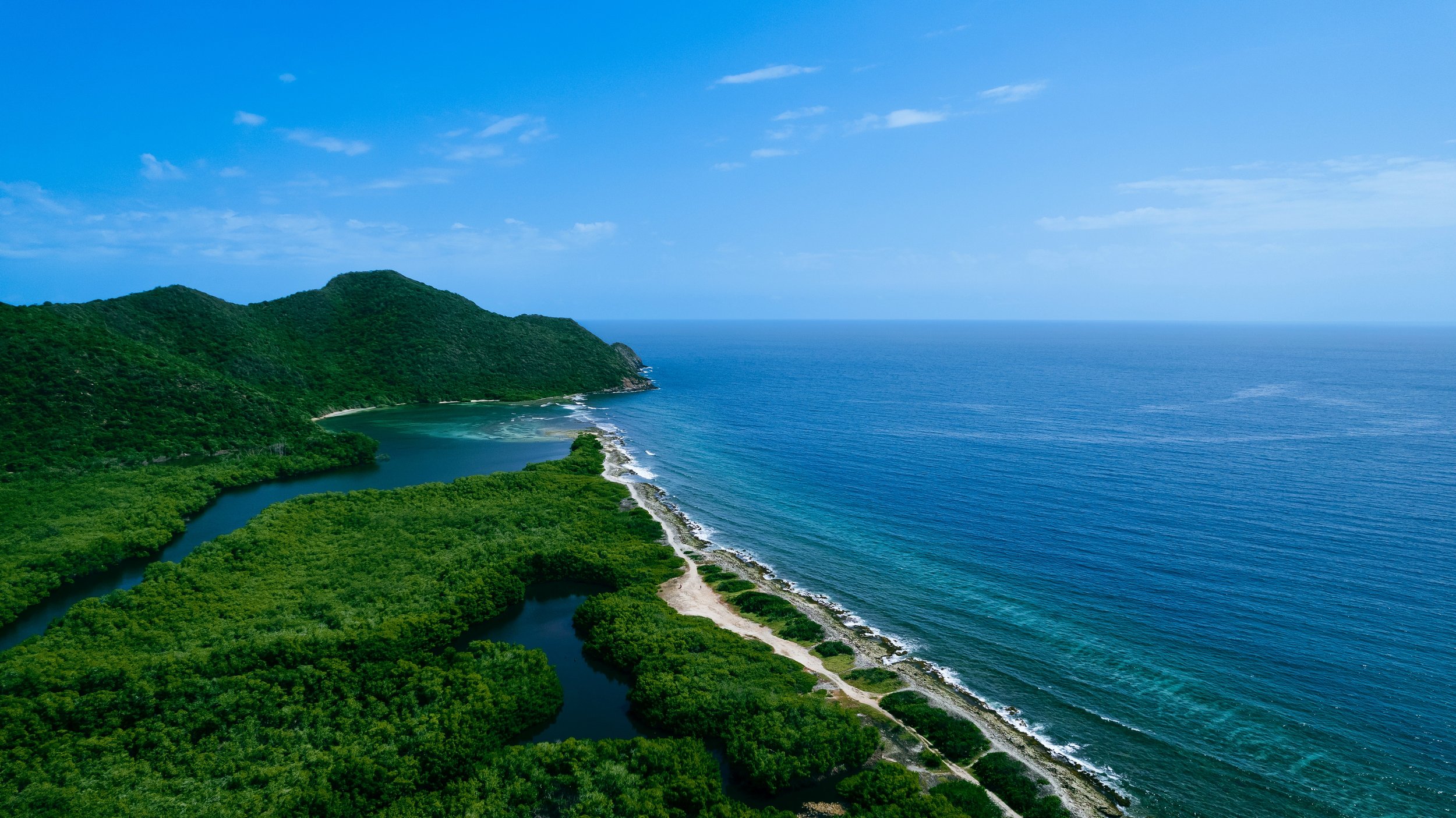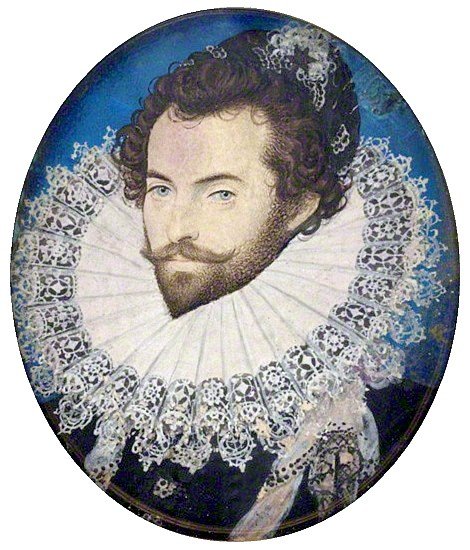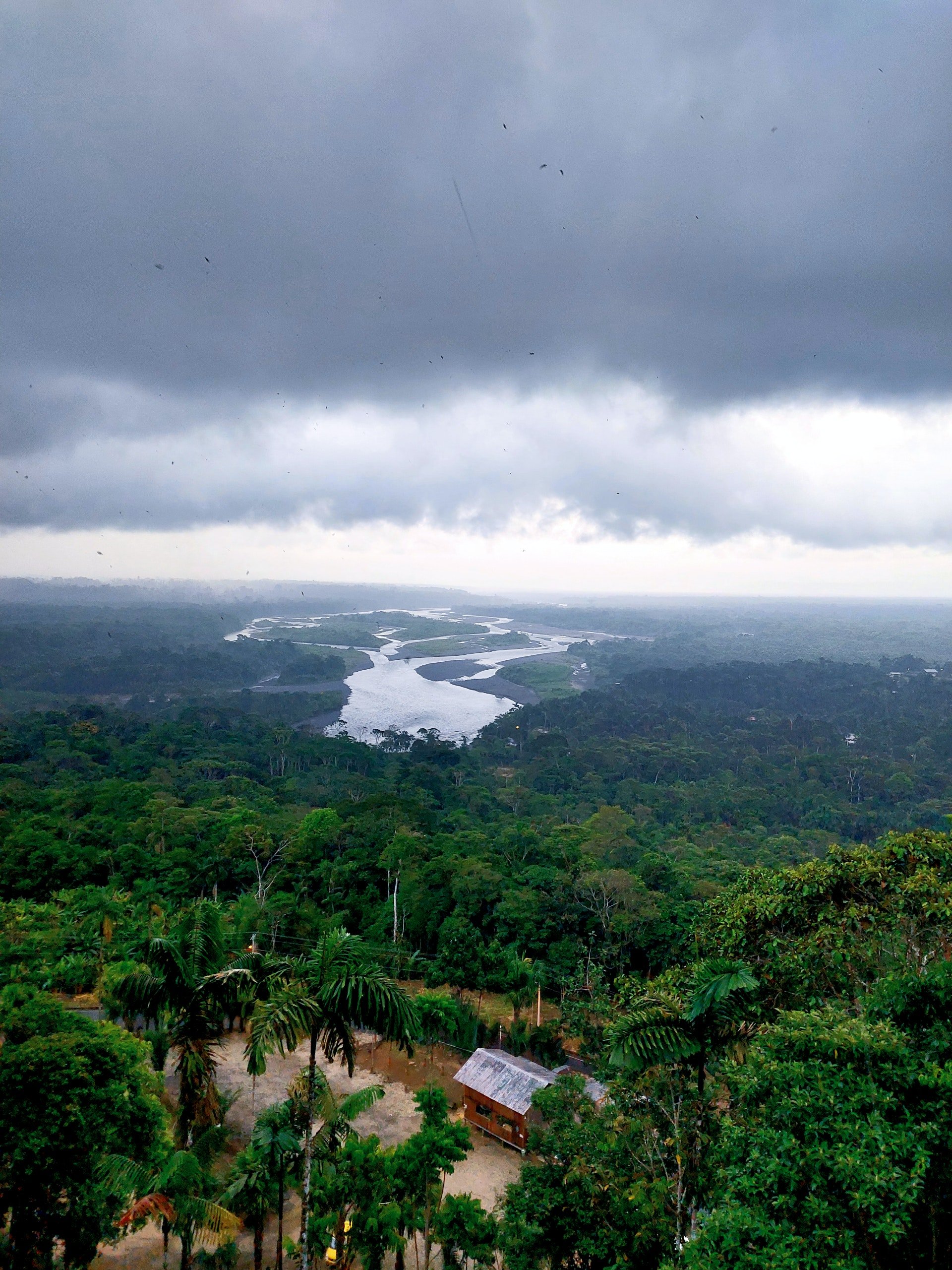Sir Walter Raleigh and the Quest for El Dorado: Separating Fact from Fiction
Freshwater empties into the Caribbean Sea along the coast of Venezuela.
The legend of El Dorado, the fabled lost city of gold, has captivated the imagination of countless explorers and adventurers throughout history. Among those enticed by the tale of unimaginable wealth was the esteemed Sir Walter Raleigh, the English explorer and writer. Raleigh's quest for El Dorado led him to the wilds of South America, embarking on a perilous journey that would ultimately prove to be in vain. Although the myth of El Dorado endures, a skeptical examination of the legend reveals a more nuanced understanding of its origins and the reality behind the tale.
Portrait of noted explorer, Sir Walter Raleigh, 1585.
Sir Walter Raleigh first set sail for South America in 1595, fueled by dreams of discovering El Dorado and claiming its riches for England. He and his crew ventured into the dense Amazon rainforest, navigating the treacherous waters of the Orinoco River in search of clues to the lost city's location. Despite their best efforts, Raleigh's expeditions yielded little more than intriguing stories from indigenous peoples and tantalizing hints of gold.
So, was El Dorado merely a fabrication, a tantalizing mirage that lured explorers to their doom? While it's tempting to dismiss the legend entirely, some elements of truth may be buried beneath the layers of myth and exaggeration. The concept of a city of gold likely has its roots in the real-life practices of the Muisca people, an indigenous civilization that once thrived in present-day Colombia.
Despite centuries of advancements, access to the deep Amazon Basin has remained very limited.
The Muisca conducted a ritual called the "El Dorado Ceremony," in which their leader, the Zipa, would cover himself in gold dust and submerge himself in the sacred Lake Guatavita as an offering to their gods. Over time, Spanish conquistadors and other European explorers likely embellished and distorted these accounts, ultimately giving rise to the legend of a city paved with gold.
Despite the lack of concrete evidence supporting the existence of a literal El Dorado, the legend has had a lasting impact on our collective imagination. It has inspired countless works of art, literature, and film, and continues to drive explorers and treasure hunters in search of the riches.
A remote village nestled above the Amazon River.
While it's improbable that a city of gold ever existed in the heart of the South American rainforest, the legend of El Dorado serves as a powerful reminder of the human capacity for curiosity and the enduring allure of the unattainable. Perhaps the true treasure lies not in the gold itself, but in the relentless pursuit of knowledge and the spirit of adventure that defines us as a species.




